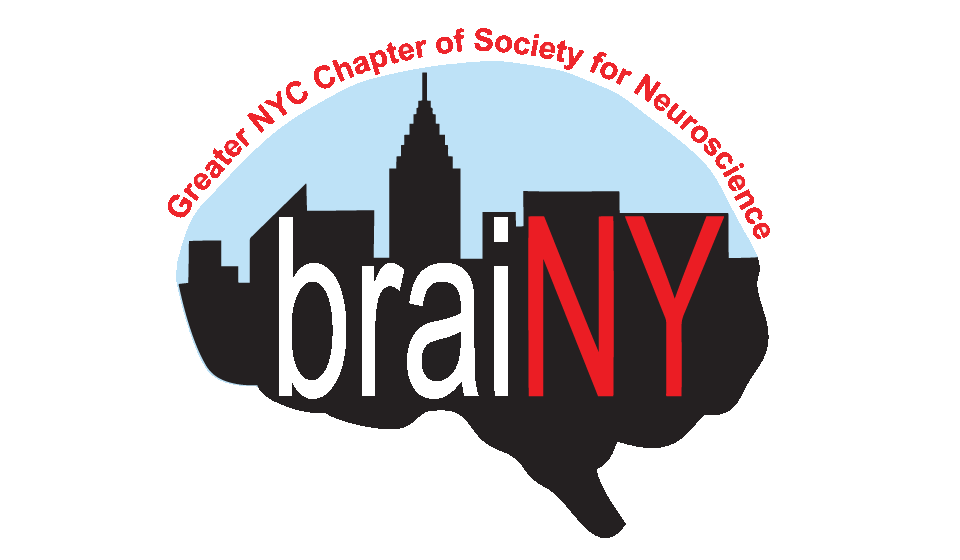Postdoc Parents in Pandemonium
By Ofer Perl, Ph.D.
10:00 AM: “I got to finish something for school.”
This column is progressively deteriorating into one of those self-aware TV shows as my son derails my train of thought with pleas for attention. School’s closed, the kid’s sick, the teacher’s sick, it’s all a blur. You’d expect that by now, over two years into the pandemic, at least one of us would be rendered immune to the situation. This, like some other grand ideas during my postdoc training, never happened.
11:15 AM: “Dad, I’m bored.”
We are the type-cast, one way or another: postdocs stricken with ruined lab arrays, postdocs whose funding gets cut impromptu, postdoc parents rearing children in pandemonium, and of course those physically or mentally afflicted by the disease (Some are fortunate to be listed for more than one nomination). While it is almost customary to compare the misery in each circle of the academic inferno, I’m deliberately avoiding using this sieve. Things are universally not looking up for postdocs.
12:26 PM: “Dad, I’m bored” (not a typo).
The academic pyramid is notoriously efficient in self-pruning. Pre-pandemic data suggest that less than 13 percent of postdocs in the US successfully transition into a tenure-track position. This abysmal job security is one facet of an innately fragile position – in limbo, not a student, not yet an independent researcher.
12:55 PM: “Dad, what time is it?”
While our lives have changed tremendously, the same cannot be said about the qualifications for starting your own lab. The old formula is still ticks – you should publish plenty and you should publish high. Physicists tell us time is a constant. Somehow, we cross off much less with that constant. For us not to lose a generation of researchers, we must bend time. Funding agencies should acknowledge pandemic-induced delays in delivery of grant aims. Programs should be expanded and reimagined for slow-cooking science, the kind that marches two-steps-forward-one-step-back more frequently than before. Scientific communication via online platforms (a pale alternative to the real deal to begin with) must be made more accessible.
14:16 PM: “Why are you working all the time?”
In some absurd way, for postdocs early in their training, these issues fall within the “things that money can solve” rubric. Postdocs on the job market, on the other hand, must face the stiff criteria academia has auto-generated while hunting for their next position. To quote a senior PI, overheard at the end a four-applicant recruitment day in my grad school: “We don’t have to accept any of them.” True, lineages can be cut in the name of standards. But there is probably nothing standard in the postdoc trajectory of any incoming candidates. It’s high time for the recruitment process to adapt. Read their papers, not only the journal names. Consider what they were after, not the inconclusive results of assays extinguished halfway through. Converse with them and by “conversing” I mean grill the hell out of them in chalk talks. But give them a fighting chance.
15:46 PM: “What’s mom doing now?”
The sieve I rejected earlier makes a one-time cameo here –undoubtedly, young women’s career took a harder hit from the pandemic than their male counterparts. Whatever solutions we come up with, these must be exercised to greater extent to help young women climb the already biased ladder on which academia’s foundations were laid.
16:46 PM: “But you promised!”
This is not the postdoc training we signed up for. This is not the tenure-track kickoff we wished for. These are not normal times, and the bar must be set accordingly. However, it does not mean it has to be set lower. Make it a bite bar, something we can cling on to. And while you’re at it, make it softer, maybe add some chocolate chips. I believe we’ve earned it.
Ofer Perl, Ph.D. is a postdoctoral fellow at the Icahn School of Medicine at Mount Sinai. He is interested in studying beliefs through computational psychiatry, and using naturalistic stimuli such as stories and movies to study the brain mechanisms of memory and emotion. In his free time, he enjoys photography, gaming and pretending not to utterly suck at any musical instrument he plays.
Edited by Denise Croote, PhD

